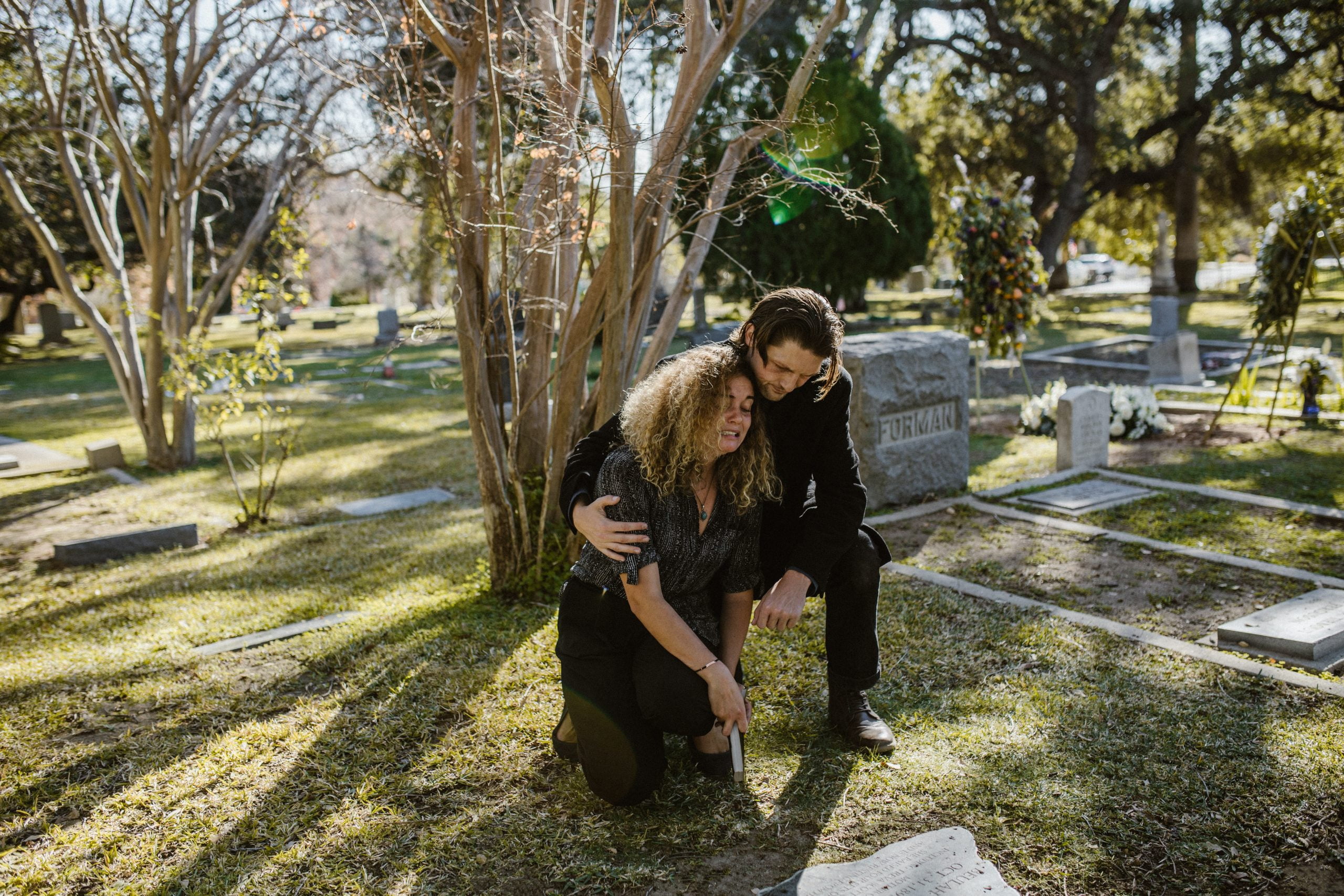Introduction
Miscarriage, also known as spontaneous abortion, is a common and often emotionally devastating experience for many women and their families. It occurs when a pregnancy is lost before the 20th week, and it is estimated that up to 25% of all recognized pregnancies end in miscarriage. While it can be a difficult and emotional topic to discuss, understanding the causes of miscarriage and learning how to cope with the loss can help individuals and families to better navigate this challenging experience.
Causes of Miscarriage
There are many potential causes of miscarriage, and in many cases, the exact cause is unknown. Some common causes include:
- Chromosomal abnormalities: Chromosomal abnormalities in the developing embryo or fetus can lead to miscarriage. These abnormalities may be caused by a problem with the egg or sperm, or they may occur spontaneously.
- Hormonal imbalances: Hormonal imbalances in the mother can contribute to miscarriage. For example, low levels of progesterone, a hormone that helps to maintain pregnancy, may lead to miscarriage.
- Infections: Certain infections, such as sexually transmitted infections or bacterial infections, can increase the risk of miscarriage.
- Medical conditions: Certain medical conditions in the mother, such as uncontrolled diabetes or autoimmune disorders, can increase the risk of miscarriage.
- Age: The risk of miscarriage increases with age, particularly for women over the age of 35.
- Lifestyle factors: Certain lifestyle factors, such as smoking, heavy alcohol consumption, and drug use, can increase the risk of miscarriage.
Coping with the Loss
Miscarriage can be a deeply emotional and difficult experience, and it is important for individuals and families to find healthy ways to cope with their grief. Some strategies for coping with the loss of a pregnancy include:
- Seek support: It can be helpful to talk to friends, family, or a therapist about your feelings and experiences. Support groups, both in-person and online, can also provide a sense of community and understanding.
- Take care of yourself: Taking care of your physical and emotional well-being is important during this difficult time. Engaging in self-care activities such as getting enough rest, eating well, and engaging in physical activity can help to improve your overall well-being.
- Allow yourself to grieve: It is normal to feel a range of emotions after a miscarriage, including sadness, anger, guilt, and grief. Allow yourself to feel and express these emotions in a healthy way.
- Remember that it is not your fault: Miscarriage is often a result of factors beyond your control, and it is important to remember that it is not your fault.
Conclusion
Miscarriage is a common and often emotionally difficult experience. While it can be challenging, understanding the potential causes of miscarriage and finding healthy ways to cope with the loss can help individuals and families to navigate this experience. Remember to seek support, take care of yourself, and allow yourself to grieve in a healthy way.

